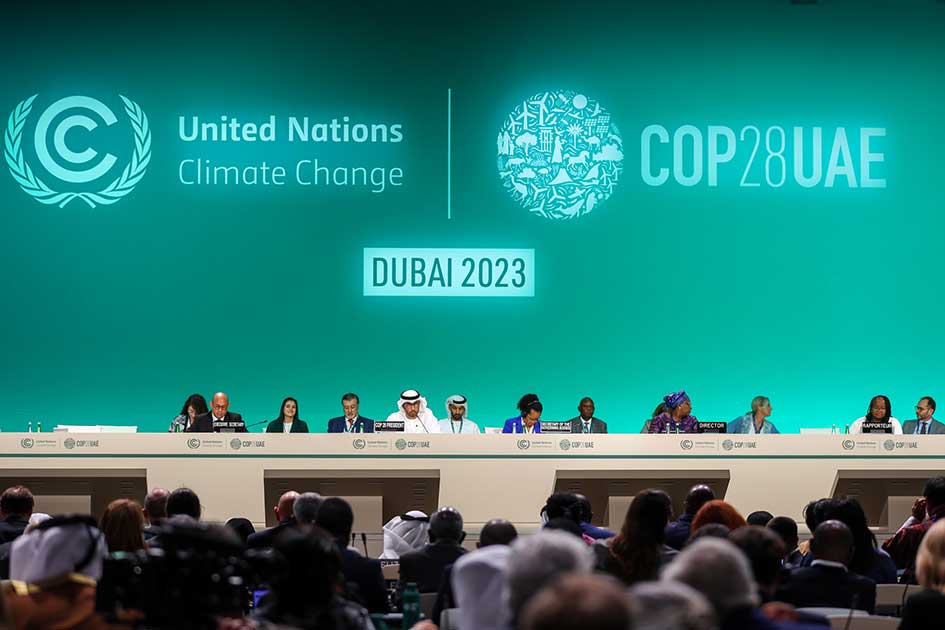Climate
World ClimateConferencein Brazil
The 30th Conference of the Parties to the UN Framework Convention on Climate Change (COP30) convened in Belém, Brazil, from 10 November to 22 November 2025.
In mid-November 2025, the Parties to the UN Framework Convention on Climate Change (UNFCCC) met in the Brazilian Amazon metropolis of Belém for COP30. The choice of venue is also intended to bring an important issue to the forefront of the negotiations: the protection of tropical rainforests. The Brazilian COP presidency has submitted a proposal for a fund to finance forest protection, which will be discussed at the conference.
Moreover, the issue of climate finance as a whole played an important role at the conference: after Parties agreed on the global finance target last year, the task now is to identify a way for the international community to mobilize the enormous sum of USD 1.3 trillion annually by 2030. In addition to financing, adaptation and the strengthening of climate change mitigation action will play a central role. The climate targets presented by the Parties have so far been too unambitious and implementation has been too timid to ensure the goals of the Paris Agreement are met. It is therefore urgently necessary to raise the ambition and accelerate the implementation. The framework conditions for this could hardly be more difficult. Ten years after the Paris Agreement was signed, the United States under Donald Trump has not only initiated a process to withdraw from the agreement. It is also using its position as a major global trading partner to push back on climate action internationally. In addition, existing geopolitical tensions have caused many governments to put the climate topic on the backburner. The climate conference in Belém therefore had to demonstrate that the Paris process is still alive and that the international community is sticking to the agreed goals.
The Wuppertal Institute has been observing the UN climate process from the beginning and will publish an assessment soon after the conference. At each conference, the Institute presents its research at side events and discusses effective ways of implementing the Paris Agreement.

UN Climate Change Conferences: Wuppertal Institute's Analysis Reports
The Wuppertal Institute publishes an analytical report after each COP. The reports published since 2001 can be downloaded below.
Further publications by the Wuppertal Institute on current international climate policy issues can be found on the global climate governance page.

The increase in weather extremes and the associated damage show us very clearly that it is high time to implement the objectives of the Paris Agreement. The necessary technologies are at our disposal and are more cost-effective than ever, as the example of the solar cells demonstrates.
Publi-cations
Here you find publications on UN Climate Change Conferences.
